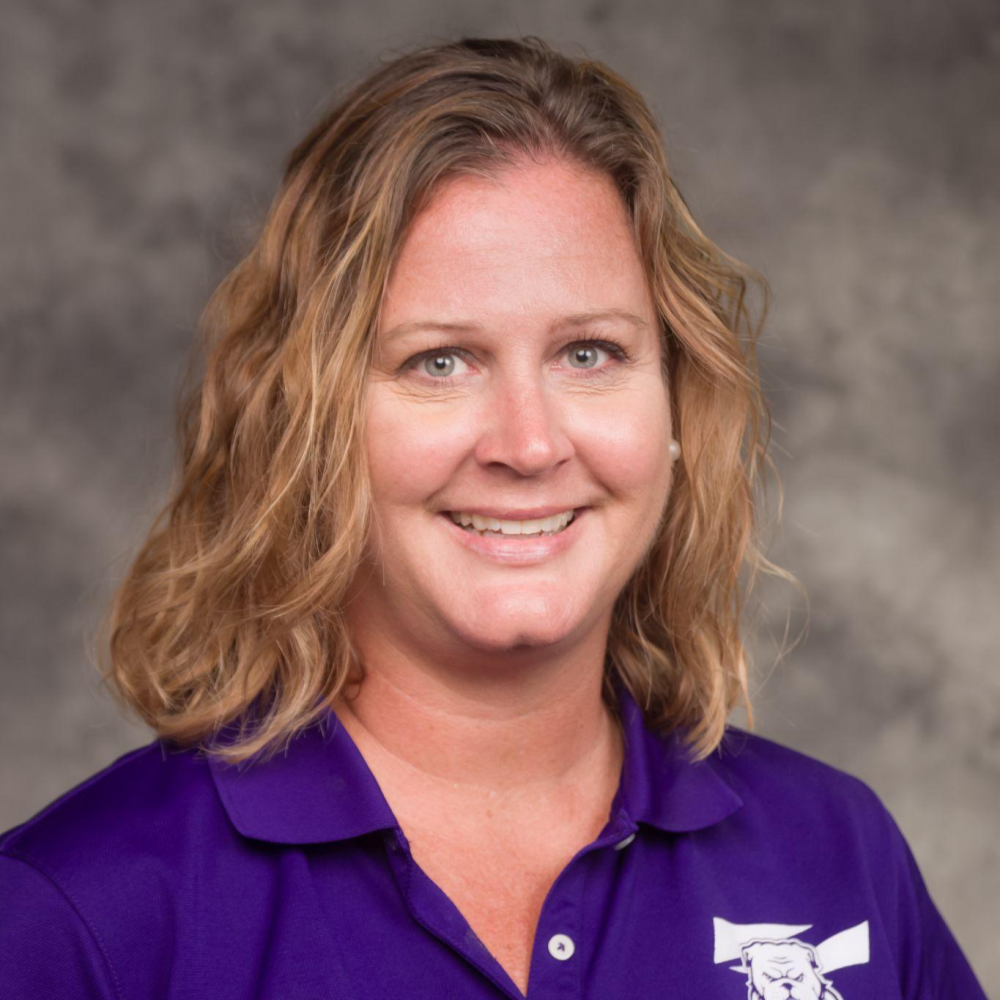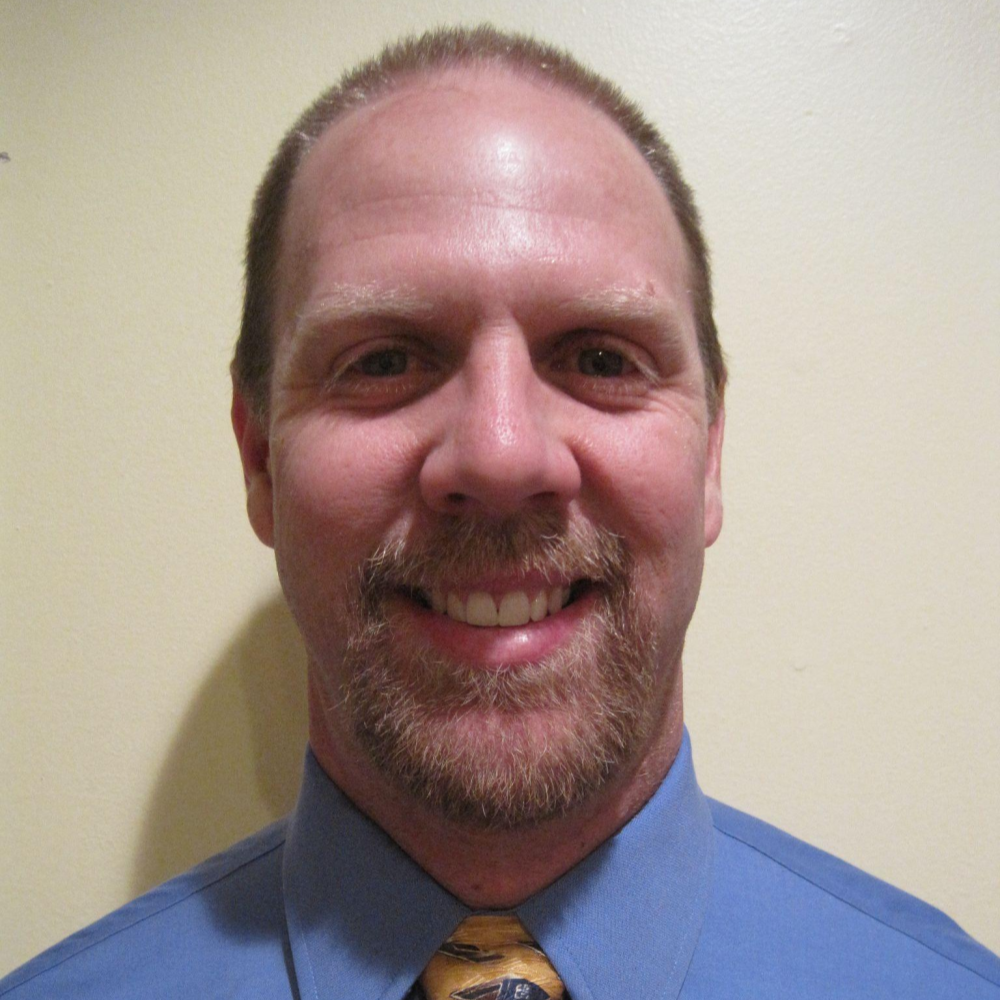
Preceptor: Mentor, Educator, or Both?
Abstract:
The preceptorship model is widely used among health care professions to provide a link between didactic knowledge and clinical performance. Preceptors in the clinical experience are an important source of embedded knowledge, which allows for a personalized learning approach. Because the preceptor role is multifaceted with job-related and educational duties, the effects of the preceptorship are under examination. Preceptors are crucial in bridging the gap between classroom knowledge and clinical skill, and should view themselves as critical educators in the athletic training curriculum. Previous literature demonstrates preceptors aren’t incorporating teaching strategies to best meet student learning needs. Preceptors appear to lack pedagogy training and feedback skills necessary for optimal student learning in the clinical experience settings. The purpose of this study is to increase the understanding of the preceptorship model. Our study found more than half of preceptors don’t view themselves as educators. More than 70% of respondents reported that their preceptor training didn’t involve teaching or feedback strategies. Seventy-five percent of respondents reported spending three hours or less on annual preceptor training. Forty percent of respondents reported being a preceptor increased their stress while 17% reported feeling burned out by the added duties. Eighty percent of preceptors are volunteers. Preceptors appear to be committed to the role of teaching students in spite of minimal pedagogical training, personal benefits and increased workplace stress. Preceptors receive limited instruction in feedback and teaching skills for their role, which may lead them to not embracing the role of educator.
Learning Objectives:
- Differentiate between a mentor, educator and supervisor role of a preceptor.
- Discuss the role of guidance and planned education for students through the preceptorship model.
- Justify the need for preceptors to perceive themselves as educators. Support performing preceptor training to include pedagogy/andragogy techniques.
Level:
Advanced
Domain(s):
Domain 5: Health Care Administration and Professional Responsibility
CEUs:
0.25 Category A
Track: Pedagogy
Format: Breakout Session
In order to earn your CEUs, you must watch the session video in its entirety and complete the assessment.
This session will be recorded live and available on-demand beginning Oct. 23.

Brandy Schneider, EdD, ATC, PES
Dr. Brandy Schneider is currently the Truman State University Master of Athletic Training Program Director. She has been a Certified Athletic Trainer for 20 years and a Performance Enhancement Specialist (PES) for one year. Dr. Schneider is active in the Athletic Training profession serving on state, district, and national committees. At Truman, she is a member of the IRB committee, Graduate Council, and faculty sponsor to Alpha Sigma Gamma. She earned her Bachelors of Science in Exercise Science from Truman State University and Masters in Kinesiology-Athletic Training from the University of Arkansas. In 2012, she earned an EdD-Learning and Leadership from the University of Tennessee-Chattanooga.
As an athletic trainer, Dr. Schneider has held positions in a rehabilitation clinic, high school, and collegiate settings. She has presented on topics including being an inclusive educator, bullying in athletic training, educational standards and implementation, preceptorship/the preceptor role, dance education, and injury recognition for the physical educator and performer. Her research interests lie within the scholarship of teaching and learning theories, active learning techniques, injury prevention, the adolescent athlete, sport psychology, and student education.

Greg Williams, PhD, ATC, CSCS
Dr. Greg Williams has been a Certified Athletic Trainer for 27 years and a Certified Strength and Conditioning Specialist for 29 years. He is active in the profession of Athletic Training holding local, state, and regional positions within those respective organizations. He has Masters of Sports Science degrees from the United States Sports Academy in Sports Medicine and Sports Fitness Management. In 2017 he earned a PhD in higher education from Saint Louis University. He has been working in education in one form or another for the last 12 years.
As an athletic trainer, he has worked in many different settings from rehabilitation clinic to high school, college, and professional sports. As an educator, he is passionate about using active learning techniques to teach students how to think instead of what to think as athletic trainers. His research interests involve active learning techniques, interprofessional education, and health literacy, and applying didactic knowledge and clinical reasoning to clinical performance.

